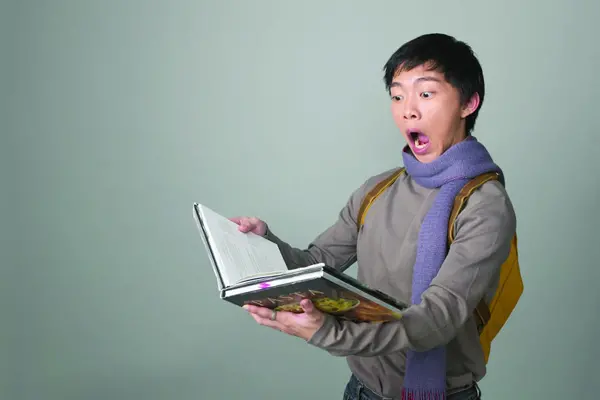By APD Writer Lu Jiafei
By retaliating against Russia’s retaliation against the United States, U.S. President Donald Trump is grudgingly dusting off the playbook of the Cold War era when Washington and Moscow were stuck in tit-for-tat expulsions of diplomats and closures of diplomatic outposts.
U.S. President Donald Trump and Russian President Vladimir Putin.
Despite the Trump administration’s outspokenness in its willingness to arrest the downward spiral in U.S. - Russian relationship, the bilateral relations - already at a low point - are poised to sink fast.
On Thursday Trump directly ordered Russia to close its consulate in San Francisco, as well as diplomatic annexes in New York and Washington, in retaliation for Russia’s previous order that the United States slash staff at its Moscow embassy.
Though the closures were demanded “in the spirit of parity invoked by the Russians,” as claimed by State Department spokesperson Heather Nauert, the U.S. move was aggressive since it gave Moscow only two days to close down Kremlin’s oldest and most established consulate in the United States.
“The United States hopes that, having moved toward the Russian Federation’s desire for parity, we can avoid further retaliatory actions by both sides,” said Nauert in a statement.
It remains unclear what Moscow would respond to the U.S. closure of its three diplomatic outposts, but Russian Foreign Minister Sergei Lavrov pledged over the weekend that Moscow “will have a tough response to the things that come totally out of the blue to hurt us and are driven solely by the desire to spoil our relations with the United States.”
The tit-for-tat action by the United States came after Russian President Vladimir Putin in July ordered the U.S. to reduce the number of diplomatic personnel in Russia by 755.
However, Putin’s move was not the origin of this round of diplomatic row and rather a delayed response to former U.S. President Barack Obama’s expulsion of 35 Russian diplomats and seizure of two Russian diplomatic facilities last year out of alleged Russian meddling in the U.S. election.
The abrupt decision by Washington also came days after Trump again publicly expressed his hope of having “good relations with Russia” and declined to single out Russia as a “security threat” when asked about Moscow’s role in escalating the situation in the Baltic region.
After hoping for a new U.S. administration that initially promised to reverse the hostilities against Moscow in Washington, the Kremlin’s patience has been badly frayed and a final disillusionment with Trump’s was on full display after the U.S. closure of Russian diplomatic outposts.
“There have been words, but there’s no readiness to cooperate yet.
This is about further escalating tensions,” said Kremlin foreign policy aide Yuri Ushakov to reporters after the U.S. order.
The diplomatic row came at a low point of bilateral relationship between Washington and Moscow, as the two sides hold differences on a range of issues, including the war in Syria, and the conflict in Ukraine.
While the two successfully fostered a cease-fire in a limited area of southwestern Syria, their divergence on the Ukraine crisis remains glaring with Trump’s Cabinet members continuously signaling to the Kremlin that U.S. stance would not change till Moscow changes its policies on the Ukraine issue.
The latest warning came from U.S. Defense Secretary Jim Mattis, who claimed during his trip last month to Kiev that the Trump administration was “actively reviewing” sending defensive lethal weapons to the Ukrainian military, a move considered as provocative by Moscow.
For a president who came into office with promises of establishing a “fantastic relationship” with Russia, it is now bitter irony that under him, the bilateral ties is about to hit new low.
Lu Jiafei, fellow of APD Institute. After spending one year in Palestine covering the Israeli-Palestinian conflict between 2013 and 2014, Lu moved to Washington, D.C. and covered the 2016 U.S. presidential election till the very end of Donald Trump’s upset victory. He is a political contributor to APD.
(ASIA PACIFIC DAILY)
 简体中文
简体中文












